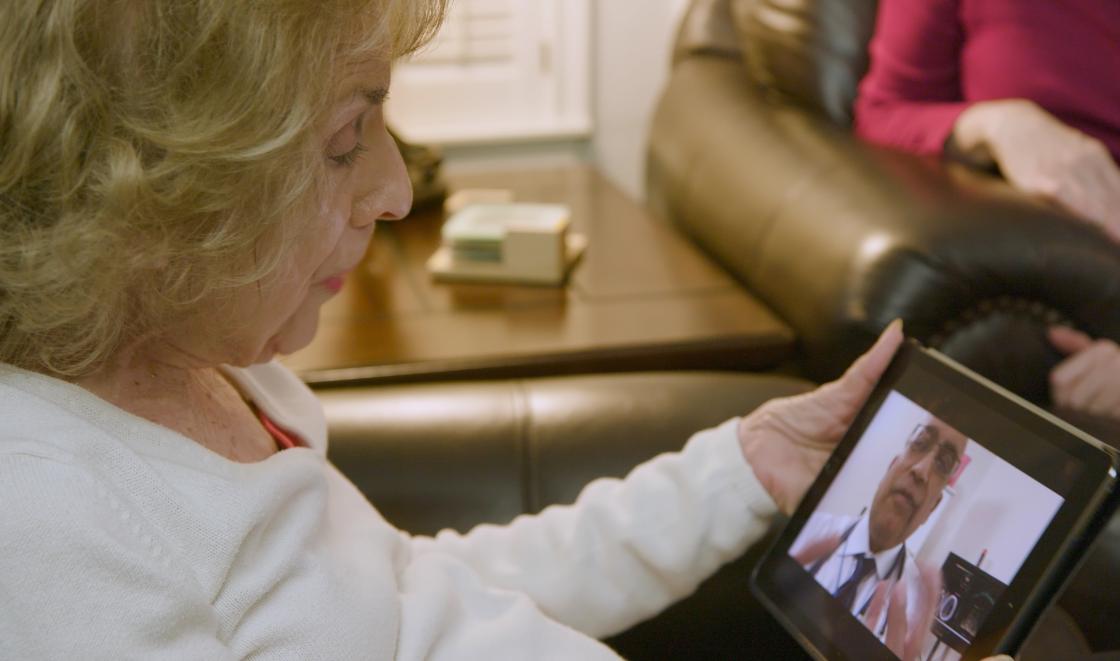Background
Remote consultations, using the telephone and online platforms, can help more people access mental health care, particularly in areas with limited services such as some rural areas. However, mental health professionals know that the relationship between patient and provider can affect treatment outcomes, and we do not know how remote care might change this relationship.
Some studies show that remote consultations can be as effective as in-person visits for primary care and mental health. In the UK, one study showed that by April 2020, 90% of primary care consultations were done remotely. While phone consultations worked for most issues, the main challenge for doctors was to decide when to see patients in person if they noticed increased clinical risks.
Aim of the research
The aim of this research, which is being carried out by Liliana Hidalgo Padilla as part of her PhD, is to examine the differences between remote and in-person mental health consultations, exploring how they affect patients' health outcomes and how well they can be implemented into practice.
Dr Mariana Pinto da Costa, senior lecturer at King’s College London and consultant psychiatrist at South London and Maudsley NHS Foundation Trust, who is supervising this research, says:



